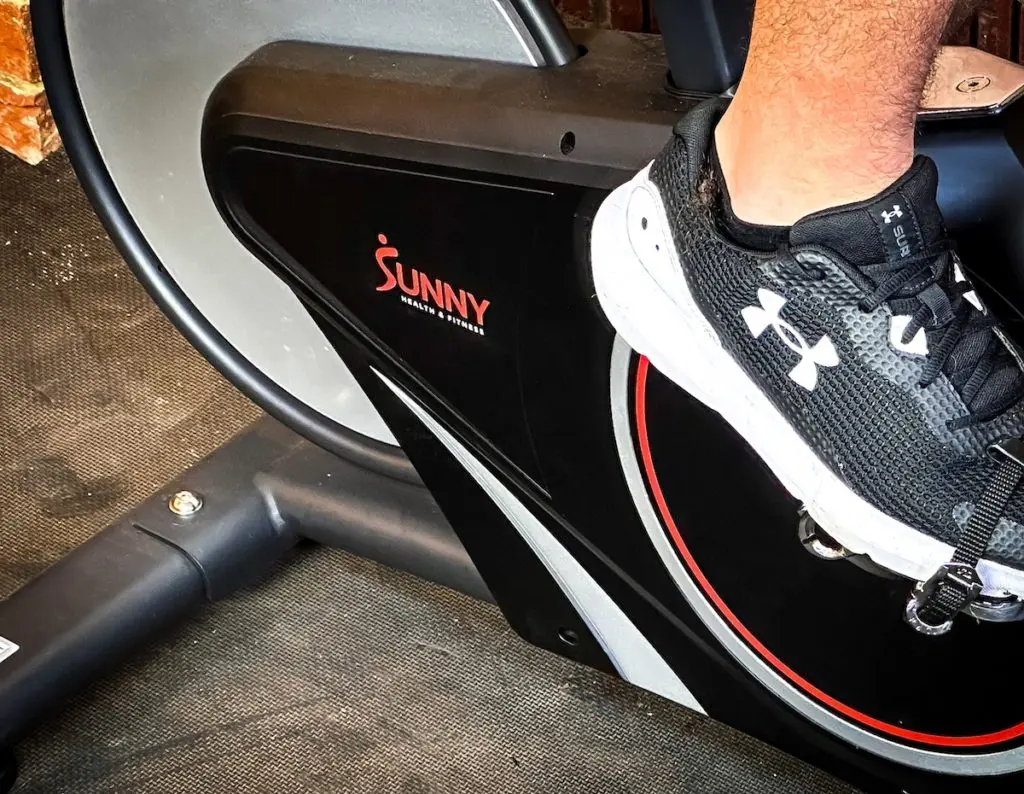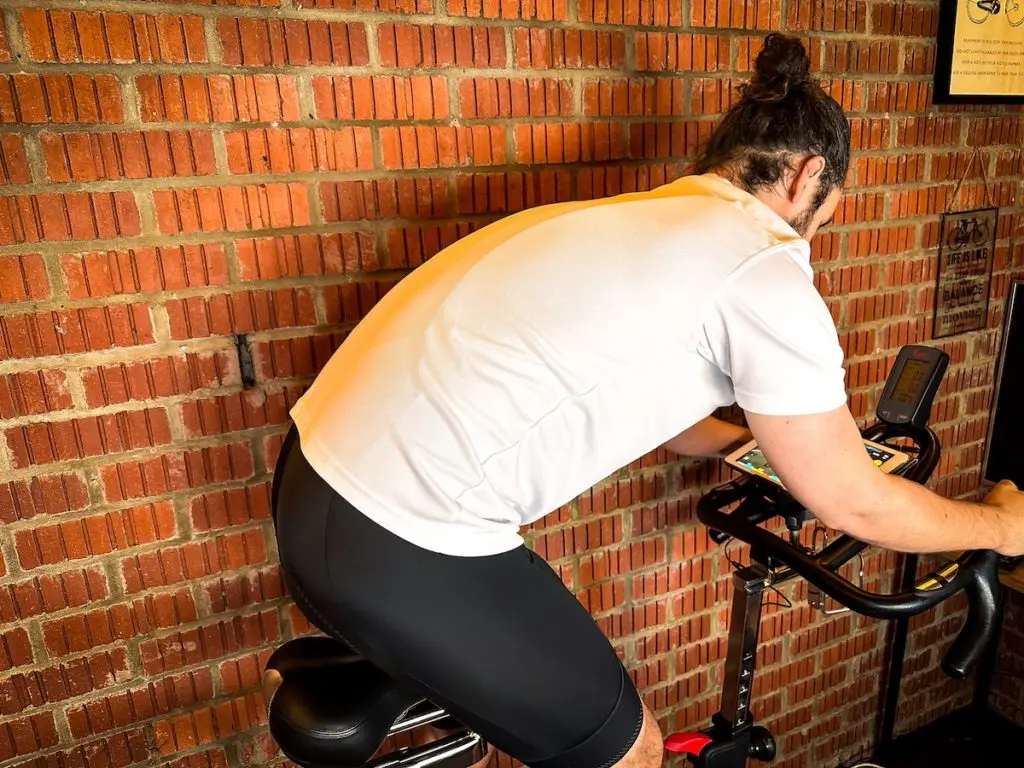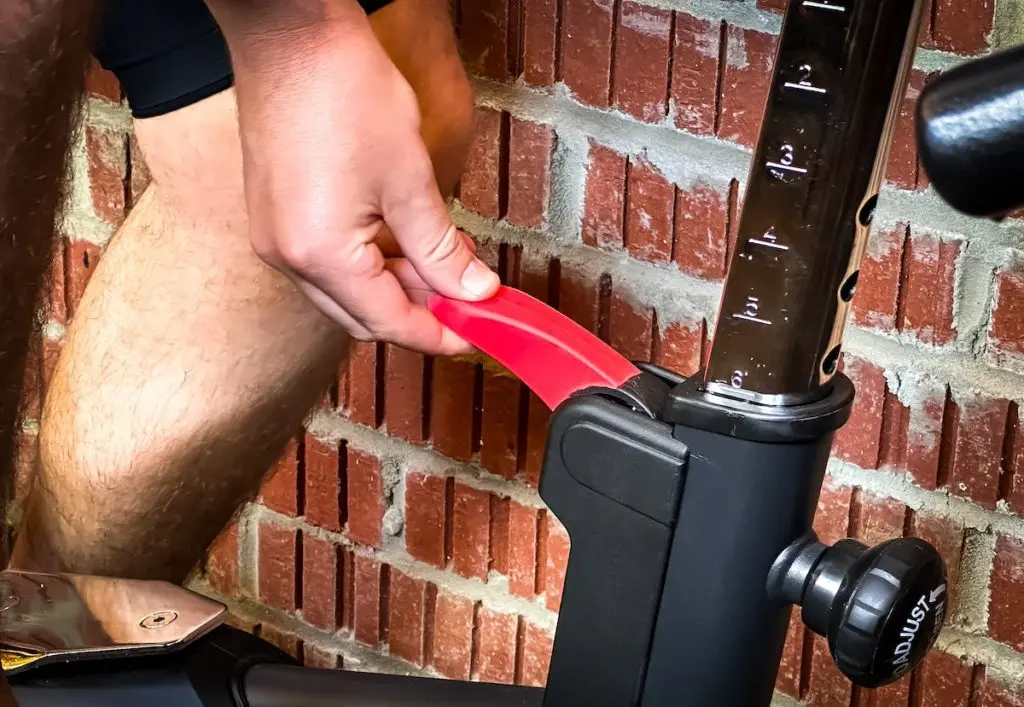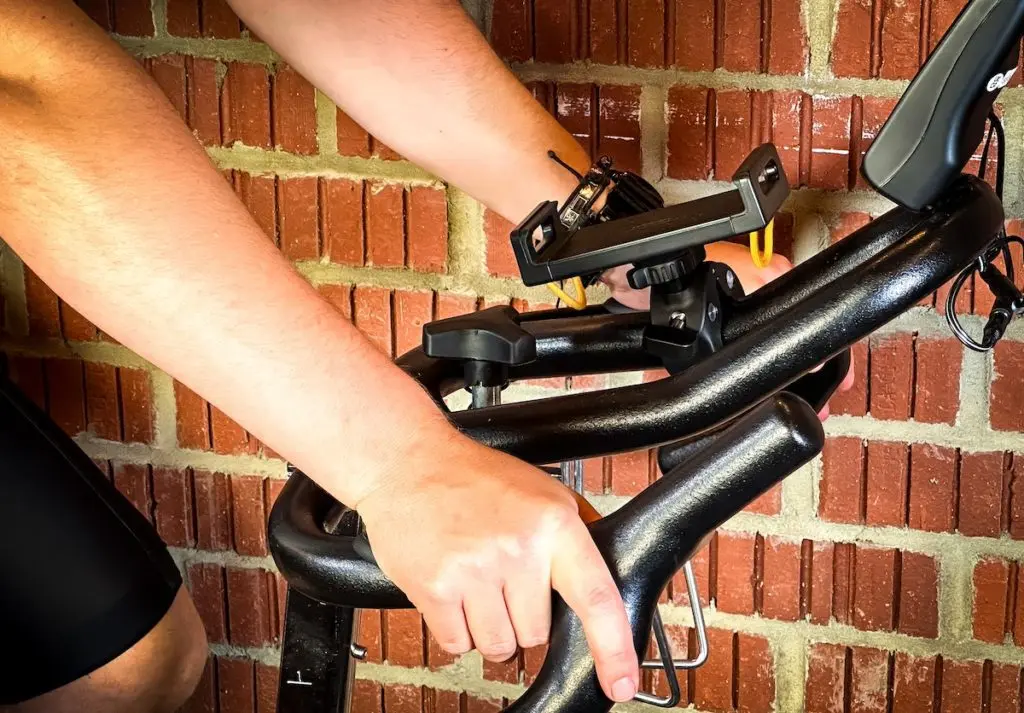Indoor cycling is a fantastic way to stay fit, but nobody wants to get hurt. Injuries can set you back, cause pain, and make your workouts less enjoyable. That’s why I always prioritize injury prevention—so I can keep riding comfortably and progress without setbacks.
Many people don’t realize that most indoor cycling injuries are completely avoidable. In this article, I’ll walk you through the most common injuries, how to prevent them, and what to do if you do get hurt. Here’s what we’ll cover:
- **Common Indoor Cycling Injuries**
- **How to Prevent Indoor Cycling Injuries**
- **What to Do If You Get an Injury**

### Common Indoor Cycling Injuries
Even with the best intentions, improper technique or setup can lead to various issues. Here are some of the most frequent ones:
| Injury | Cause |
|--------|-------|
| **Knee Pain** | Low cadence, overuse, or incorrect
Bike setup |
| **Back Pain** | Poor handlebar or seat position |
| **Saddle Sore** | Incorrect seat, poor fit, or overuse |
| **Pulled Muscles** | Not warming up properly or pushing too hard |
| **Numbness** | Poor circulation due to incorrect bike setup |

### How to Prevent Indoor Cycling Injuries
Preventing injuries isn’t about doing one thing—it’s about combining several key practices. As an indoor cycling instructor, here’s what I recommend:
#### 1. Bike Setup
A proper bike setup is essential. It not only reduces the risk of injury but also enhances comfort and performance. Whether you consult a professional fitter, ask your instructor, or follow a YouTube guide, getting the right setup makes a big difference.
#### 2. Warm Up and Cool Down
Never skip the warm-up and cool-down. A good warm-up increases blood flow and prepares your muscles for the workout, while a cool-down helps flush out lactic acid and prevents stiffness.
#### 3. Use Proper Form
Maintain correct pedaling form throughout your ride. Avoid slamming down on the pedals; instead, focus on smooth, circular motion. This helps reduce strain on your knees and legs.
#### 4. Wear the Right Clothing
Wearing inappropriate gear can lead to serious issues—like getting your laces caught in the pedals or slipping off. Choose moisture-wicking clothing and padded shorts for longer rides.
#### 5. Avoid Fancy Moves
Indoor cycling doesn’t need to be overly dynamic. Jumping around the saddle or standing on one leg may look impressive, but it increases the risk of injury. Keep it simple: sit, stand, and sprint.
#### 6. Progress Gradually
Don’t rush into intense workouts before your body is ready. Build up your time and intensity slowly. Overtraining can lead to burnout and injury.
#### 7. Rest and Recover
Rest is just as important as training. Riding every day can hinder progress and increase injury risk. Take at least one or two rest days per week, and fuel your body with enough protein for recovery.

### What to Do When You Get an Indoor Cycling Injury
Even with the best precautions, injuries can still happen. Here’s my step-by-step approach to recovering:
#### Step One: Rest
As soon as you feel pain, stop riding. Give your body time to heal and avoid any activity that could worsen the injury.
#### Step Two: Assess the Injury
Figure out what’s wrong. A minor strain might heal quickly, but more serious issues like ligament damage require medical attention. If unsure, see a doctor or sports therapist.
#### Step Three: Focus on Recovery
Once diagnosed, create a recovery plan. This could involve rest, physical therapy, or strength training to rebuild muscle and prevent re-injury.
#### Step Four: Take Preventive Measures
After recovery, take steps to avoid future injuries. Incorporate stretching, adjust your routine, and maintain proper form during your rides.

### A Final Note
Injuries are never ideal, but they’re often preventable. By focusing on proper form, bike setup, and gradual progression, you can enjoy indoor cycling safely and consistently. Stay smart, stay safe, and keep riding!
Bicycle Pedal
Nowdys, the bicycle is a simple structured means of
transport, the construction of transmission are Bicycle Wheel Set, Bicycle Crank&chainwheel
Set, Bicycle Chains&flywheel and Bicycle Pedal.
Bike Pedals have many different
styles for various bicycles types. Such as the Road Bike usually ride on flat tarmac road, so the Road
Bike Pedals need to be high solid and durable. Fixed Gear Bike Paddle was matched the strape on to fix foot and
can control of the pedals during deceleration and braking better. Bmx Bike
Pedal usually be Nylon material because the special application.
Our pedals are made of aluminum alloy and have non-slip
pins on. Suit for Mountain Bike and Fixed Gear Bike. If you are a off-road
cycle enthusiast, a good pedal will improve your riding experience, feel free
to try them out, limited samples are being distributed.


Bicycle Pedal,Bike Pedals,Road Bike Pedals,Bike Paddle
Suzhou Jingqiyao Intelligent Technology Co., Ltd. , https://www.polsobike.com

